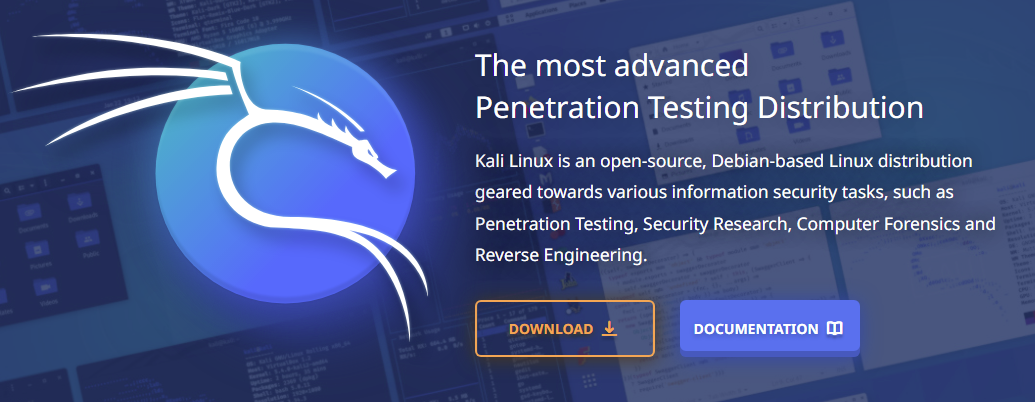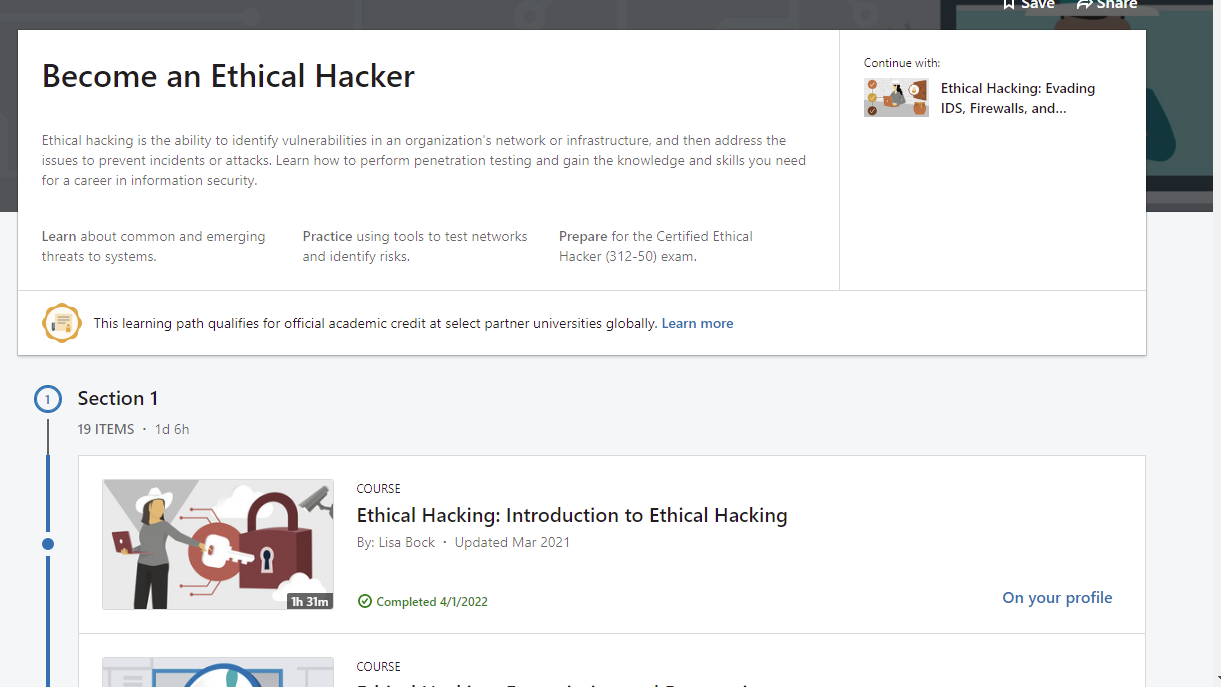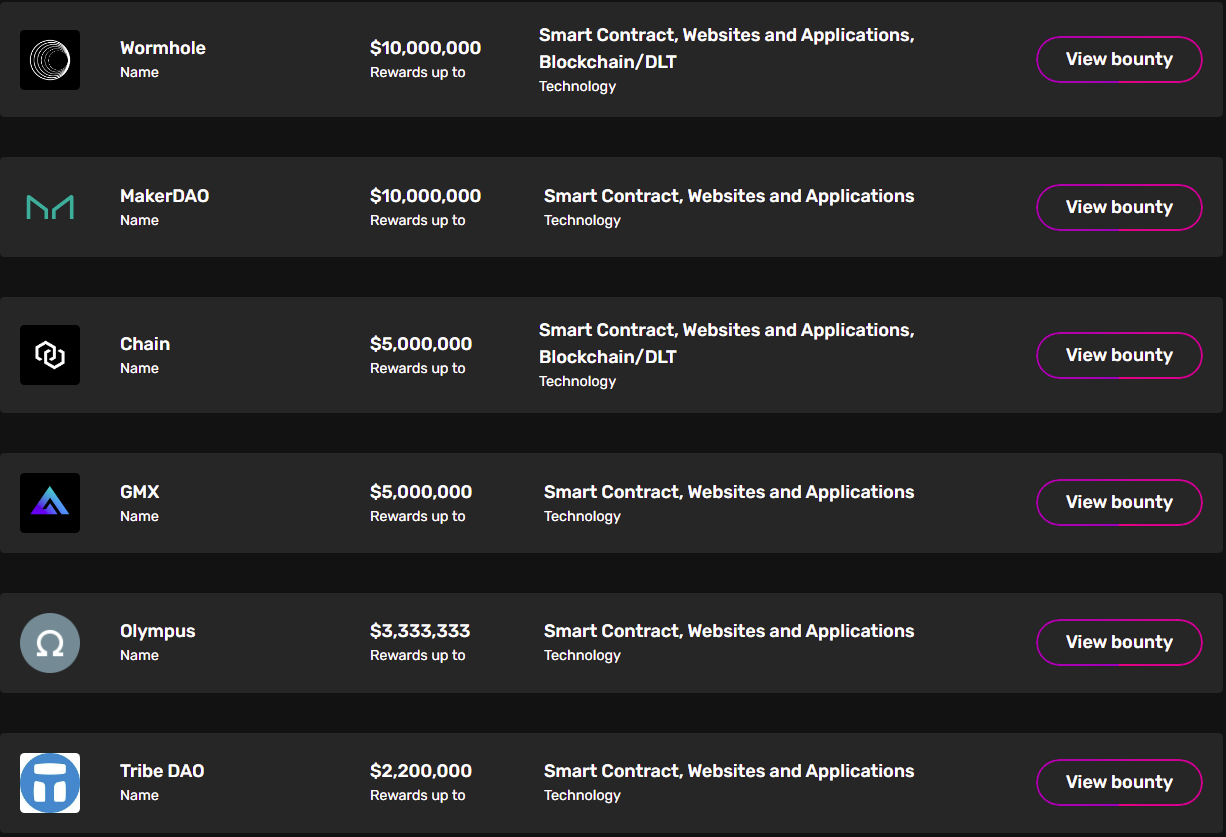We’re going through a step-by-step process in which a job seeker can successfully get a job in cyber security, without any experience. This article was written from the perspective of someone with IT and software skills. Someone with networking experience might find the process faster, whereas someone with no previous IT skills may take longer.
There are many different jobs in cyber security. At the easiest level there is IT administration, which is basically just searching solutions for problems online. It is easier to search for solutions when you know what you are doing, hence we are giving insight into the most useful courses for cyber security on LinkedIn Learning.
With more skills and experience in their roles such as cyber security analysts. Bug bounty bounty hunters can get around €150,000 for discovering high-level security risks. In the blockchain world, bug bounties for smart contract vulnerabilities can be up to €10 million.
According to Immunefi, there are not enough cyber security analysts or ethical hackers to satisfy demand. Cyber security is a lot easier to get into that software, so let’s get started!
It's hard to say no to something that is for free. YouTube is for free, but there is too much chaos and badly made videos that just trail off. LinkedIn Learning has everything you need to know in a clear structure. You can follow the Ethical hacking Learning Path or search for things randomly.
Trying something for one month makes it easier to commit to paying €40.65 per month, or €30.65 per month if paid annually. A good Udemy course could be cheaper between €10 - €15. But what are the chances of finding a good Udemy course after wasting money on the bad ones?
LinkedIn Learning has good quality courses for good value. There are more professional cyber security courses out there, but they cost a lot more.
To be a top-class cyber security analyst, you will need to be a top-class hacker. That is actually much easier than you think, but you need to master Kali Linux.
Learning Kali Linux by Malcolm Shore is great for covering the basics of Kali Linux, the most popular operating system for ethical hackers. You can try Kali out for a week. If you’re good at Kali Linux, then that is a good indicator that you will be good at cyber security. You will be surprised by how easy it is to hack websites.
Funny story. I decided to learn about hacking when I had covid. I managed to break my computer in the process, and learned how to fix it when I was recovering from the deadly virus.
Become an Ethical Hacker, is a learning path on LinkedIn Learning that covers about 19 different cyber security courses. You probably don't need to know half of this stuff, but it's good to know you in order to land your first job.
When I got my first cyber security role, I didn't know what I was doing. This learning path allowed me to at least become familiar with the words used in networking, so looking up solutions was easier. For every IT and cyber security problem that has come up, I’ve been able to find videos on LinkedIn Learning about them. The first time solving a problem takes longer, the second time is much faster.
Become an Ethical Hacker covers most cyber security issues that come up, plus it helped me discover my local city councils cyber security problems. This learning path is about 36 hours long, so in theory it can be done in one week. Personally, I like to try things out instead of just watching videos. 2 months is a more realistic learning time-frame, if you want to try 2 or 3 courses a week and actually use the skills in the real world.
Getting experience in cyber security
Here are a few approaches that worked for me to gain experience in cyber security.
Cyber security for the military
Militaries across the world, be it the USA, the EU, Taiwan or Japan, are increasing spending on cyber defence. My own country, Ireland, has created new cyber defence departments in the military and created a national council in cyber security, after a major cyber attack in 2021. The CIA sometimes pays people around $5,000 to do a 12-week course in cyber security. NATO, the European Defence Agency and the European Space Agency all have new roles in 2022.
The IT Army of Ukraine is also looking for volunteers to help disrupt Russian military communications.
Blockchain DAO for cyber security
The blockchain world has Decentralised Autonomous Organisations called DAOs. There are thousands of blockchain-based organisations that offer bug bounties for any vulnerabilities detected in their systems, just like Immunfi. They don't even need to know your name. Just write the cyber security reports and get paid. Very simple setup for people who know how to use blockchain wallets.
The charity sector also needs cyber security
Conclusion
Cyber security as an industry should be growing in 2022, while other tech sectors are rescinding. LinkedIn Learning offers many great tech courses. You can try it out for the first month for free. If you don't like it, you can give up after a few weeks. Or pay a good price for good quality content.
Hack the planet!







